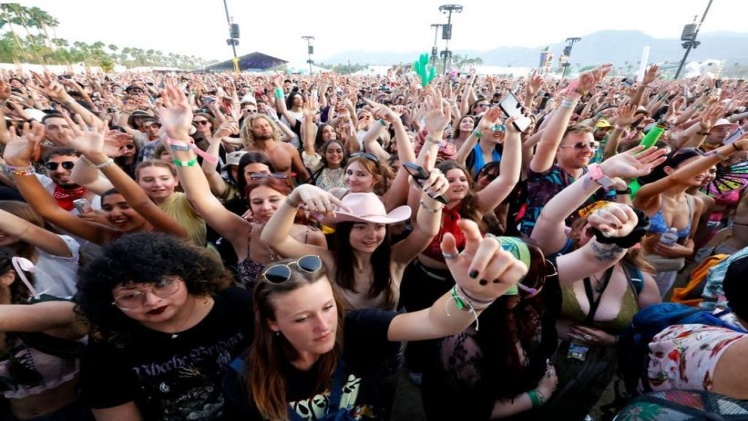Introduction:
In the kaleidoscope of global cultural experiences, music festivals have emerged as vibrant and transformative celebrations that transcend borders, languages, and genres. These immersive events, where the magic of live music intertwines with diverse communities, have become a cultural phenomenon. This article explores the evolution, significance, and enduring allure of music festivals as they continue to shape the cultural landscape worldwide.
Historical Roots and Evolution:
The roots of music festivals can be traced back through history, from ancient religious ceremonies and folk gatherings to the iconic Woodstock Festival in 1969, which encapsulated the spirit of the counterculture movement. Over the decades, music festivals have evolved into multi-day, multi-stage extravaganzas that showcase a kaleidoscope of genres, artists, and artistic expressions.
The evolution of technology has played a pivotal role in the growth of music festivals. With advancements in sound systems, stage design, and lighting, festivals have transformed into immersive audio-visual experiences. The rise of social media has further fueled the global reach of these events, turning them into shared cultural experiences that transcend physical attendance.
Diversity of Genres and Inclusivity:
One of the defining features of music festivals is the sheer diversity of musical genres represented. From rock and pop to electronic dance music (EDM), jazz, hip-hop, and beyond, festivals curate lineups that cater to a broad spectrum of musical tastes. This inclusivity not only reflects the diversity of contemporary music but also fosters a sense of unity among attendees with different musical preferences.
Beyond music, festivals often integrate other forms of artistic expression, including visual arts, theater, and interactive installations. This multidisciplinary approach transforms festivals into immersive environments where creativity knows no bounds, offering attendees a holistic and enriching cultural experience.
Cultural Impact and Economic Influence:
Music festivals have become key players in the cultural and economic landscapes of the regions they inhabit. Iconic festivals like Coachella in the United States, Glastonbury in the United Kingdom, and Tomorrowland in Belgium attract visitors from around the world, contributing significantly to local economies. The economic impact extends to tourism, hospitality, and local businesses, as festival-goers explore the host cities and regions.
Furthermore, festivals often serve as platforms for emerging artists to gain exposure and for established acts to connect with their fan base in a live setting. This symbiotic relationship between festivals and the music industry has elevated festivals to influential platforms that can shape musical trends and introduce new voices to the global stage.
Community and Connection:
Beyond the music and economic contributions, music festivals foster a sense of community and connection. The communal experience of sharing live music in a festival setting creates a unique bond among attendees. Whether camping at a multi-day festival, dancing in front of a stage, or engaging in spontaneous conversations with fellow festival-goers, these events cultivate a sense of shared experience and unity.
The concept of the festival community extends to the ethos of sustainability and social responsibility. Many festivals are embracing eco-friendly practices, promoting recycling, and championing social causes. This collective commitment to environmental and social consciousness enhances the sense of purpose and community among festival attendees.
Transformation and Self-Expression:
Music festivals are not just spectacles to witness; they are transformative experiences that allow individuals to explore different facets of themselves. The freedom of self-expression is a hallmark of festival culture, where attendees often embrace unique fashion, body art, and even temporary communities within the larger festival community.
The liberating atmosphere of festivals encourages attendees to step outside their comfort zones, fostering personal growth and a sense of empowerment. This spirit of exploration and self-discovery is a testament to the enduring appeal of music festivals as spaces where individuals can authentically express themselves without judgment.
Conclusion:
In the tapestry of global culture, music festivals stand out as vibrant threads that weave together diverse genres, communities, and artistic expressions. From their historical roots to their current status as global phenomena, festivals continue to evolve, leaving an indelible mark on the cultural landscape. As catalysts for economic growth, hubs of artistic expression, and incubators of community and connection, music festivals celebrate the harmonious intersection of music and culture. As they persist in shaping and reflecting the times, music festivals remain not only a testament to the power of live music but also an enduring celebration of humanity’s boundless creativity and collective spirit.

